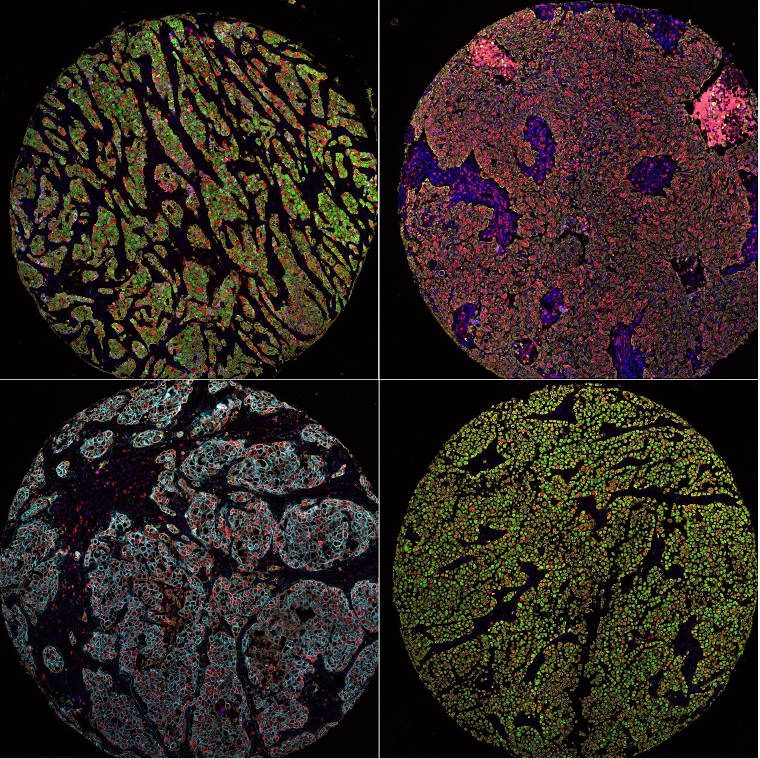Molecular caracterization of breast and gynecologic cancers
This team belongs to the UMR 981 - Molecular predictors and new targets in oncology
Precision medicine consists of determining the molecular ID of the tumor and identifying the defects so that targeted therapies directed against these defects can be given to patients. If these targeted therapies have shown their effectiveness in a certain number of patients there are unfortunately cases where this type of therapy is not possible. In other cases, patients will develop resistance to the therapies. The objectives of the team are to identify different types of biological markers (biomarkers) in gynecological and breast cancer, such as markers for predicting recurrence (prognostic markers), markers to predict response to treatment (predictive biomarkers) or predictive markers for adverse effects or patients likely to develop undesirable effects.
Research topics
The objective of the team is to identify new therapeutic targets in breast and gynecologic cancer patients. The efforts are shared between several groups around specific themes.
Fabrice André’s group is interested in breast cancer and works around 3 lines of research.
- Characterize the genomic landscape of metastatic breast cancer in order to understand and identify the molecular events and mutational processes that lead primary tumors to evolve into metastatic cancer.
- Study potential therapeutic targets identified in the laboratory. Deregulation of the expression of the TRIB3 gene could, for example, explain the resistance to rapalogs treatments in breast cancer. Drugs that may reduce resistance to rapalogs are currently being studied in the laboratory. The HLF gene, which is involved in the immune response, could help explain the lack of immune protection after chemotherapy. Screening is currently underway to find drugs that can interact with the HLF pathway.
- The identification of patients at risk of relapse thanks to bioinformatics or artificial intelligence. Indeed, the characterization of the epigenetic profile thanks to the bioinformatics of patients suffering from breast cancer could make it possible to develop a prognostic test to identify patients likely to recur. Multiplex images (immunohistochemical technique allowing the simultaneous evaluation of several biomarkers on the same sample) used to train artificial intelligence algorithms could make it possible to improve the recognition of the different subtypes of breast cancer and thus to deduce the associated risk of metastatic relapse.
Clara Nahmias' group is particularly interested in the regulation of proteins associated with microtubules in drug-resistant cancers and in particular the mechanisms of action of the anti-cancer protein ATIP3, and the search for new targeted therapies against triple breast cancer -negative deficient in ATIP3 protein.
The group of Inès Vaz-Duarte is interested in survivorship and more particularly in side effects (fatigue, weight gain, lack of concentration, anxiety) which will persist after the disease. The objectives of the team are the identification of biological markers involved in the development of undesirable effects, the identification of patients likely to develop long-term side effects and the study of methods to reduce the after-effects of the disease and of his treatments.

Immunohistochemistry multiplex
